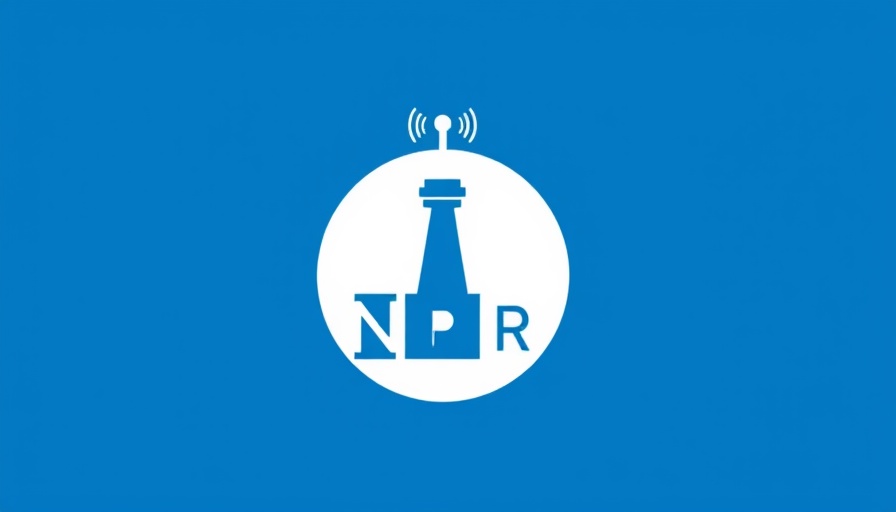
The Hidden Dangers of Over-the-Counter Painkillers
For millions of Americans, the routine choice of grabbing an over-the-counter painkiller like Tylenol or Advil in response to a nagging headache may seem innocuous, yet many are unaware of the potential risks and incorrect usage that can lead to severe health issues.
Understanding The Basics of OTC Pain Medications
Over-the-counter painkillers generally fall into two categories: NSAIDs (nonsteroidal anti-inflammatory drugs) and acetaminophen. While taking these medications can provide rapid relief from pain, understanding how they work and adhering to recommended dosages is crucial.
According to recent studies, nearly 20% of individuals using NSAIDs may exceed the recommended dosages. This alarming statistic raises concerns about the potential for damaging effects, such as kidney damage or gastrointestinal bleeding. Dr. Trisha Pasricha, a gastroenterologist at Harvard Medical School, emphasizes the importance of using these medications cautiously. "Even when taken at recommended doses, chronic use can pose serious risks. Aim to use the smallest effective dose for the shortest duration necessary," she advises.
What the Labels Really Mean
When faced with pain, many people go straight for the nearest bottle without reading the label, which can be misleading. The labels provide crucial information regarding active ingredients, dosing instructions, and warnings about potential side effects, including digestive issues and liver strain with acetaminophen. Taking more than the advised amount does not equate to increased efficacy but rather escalates the risk of adverse effects.
The Importance of Informed Choices About Pain Relief
Understanding pain management extends beyond simply reaching for a pill. Awareness of your body’s response, underlying health conditions, and even lifestyle choices can influence how effectively and safely you use pain medications. The significance of knowing when and how much to take can dramatically impact personal health outcomes.
Innovations in Health and Pain Management
With ongoing advancements in health and wellness technology, individuals now have access to innovative solutions for pain management that may mitigate dependency on traditional over-the-counter medications. From mindful meditations to targeted therapies, many alternatives are emerging as part of a holistic approach to wellness, which emphasizes integrative health practices.
Community Initiatives for Better Health
Communities are stepping up to offer workshops and discussions centered around safe medication practices and holistic wellness. These local initiatives not only promote awareness about OTC painkillers but also emphasize broader insights into mental and physical health. Fostering open discussions surrounding health choices promotes informed decision-making which can enhance community well-being.
Practical Insights for a Healthier Choice
When reaching for that painkiller, consider the following practical tips:
- Always read the label before taking any medication.
- Stick to the recommended dosages and avoid doubling up on medications.
- Consider discussing pain management with a healthcare professional.
- Explore natural alternatives, such as aromatherapy or physical therapy, to mitigate reliance on painkillers.
- Stay informed about the latest developments in health and wellness to make educated choices.
Final Thoughts on OTC Painkillers
Before taking over-the-counter painkillers, engaging with health education materials and community resources can empower you to manage your health better. Understanding medications and fostering open discussion about their effects shapes a more proactive approach to personal and communal wellness. As you navigate pain relief, let informed choices guide your journey toward better health.
Take charge of your health by educating yourself on OTC medication practices, and don’t hesitate to explore holistic alternatives for wellness. Doing so empowers you to make healthier choices today, paving the way for a healthier tomorrow.
 Add Row
Add Row  Add
Add 




 Add Row
Add Row  Add
Add 

Write A Comment